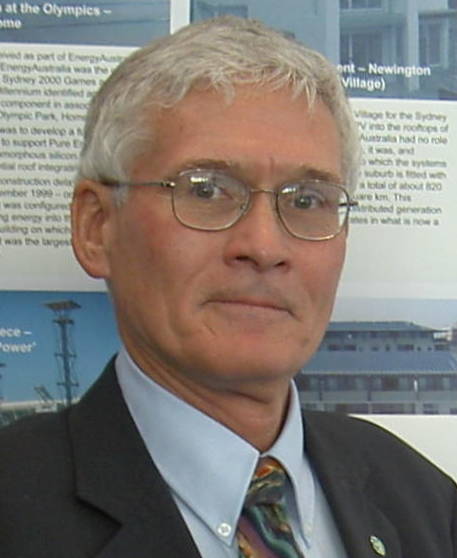Let’s encourage the Assembly, at its Jan. 29 Committee of the Whole meeting, to adopt the Juneau Renewable Energy Strategy (JRES) via resolution. The JRES:
1. Is the culmination of decades of work by the Energy Advisory Committee — on which I served for 10 years — the Commission on Sustainability, the Juneau Climate Action and Implementation Plan (adopted by CBJ Resolution 2593, Nov. 14, 2011), and by many other community planning studies. It implements the three Energy components of Chapter 2 of the CBJ Comprehensive Plan.
2. Is the result of many hours of public meetings and testimony and CBJ staff time, and of consulting paid by CBJ. It includes the history of CBJ renewable energy planning and policy and several scenarios and recommendations. It is a good and comprehensive piece of work deserving Assembly adoption by resolution.
3. Empowers and encourages Juneau’s citizens and state and local governments to invest in new equipment and practices to displace 80 percent of the 30 million gallons of imported liquid fossil fuels we burn annually, by:
• Electrification of transportation including via batteries and hydrogen fuel cells;
• Proven air-source and ground-source heat pumps, ideal for our climate, for all building sizes;
• District heating systems (DHS);
• Energy conservation (planning and behavior) and efficiency (technology performance).
4. Is a “strategy,” not a “plan,” with flexibility to lower the cost of living, keep more money in Juneau, lower our carbon footprint and prepare our community for future success as a desirable place to live and do business — as JEDC’s several Innovation Summits have inspired us. The JRES purpose: “… define goals for Juneau’s energy future, focusing on more efficient use of existing capacity and new energy supplies, and to develop strategies and policies for achieving these goals … the first step in that process … background information and framework needed to take the next steps.”
5. Supports the interests of Juneau advocacy groups who have studied the many aspects of local and global energy and the climate change situation: JEDC’s Renewable Energy Cluster Industry Working Group, Renewable Juneau, Interfaith Power and Light, Juneau 350.org, Juneau COS, SEACC Alaska Climate Action Network.
6. Encourages CBJ and the people and businesses of Juneau to “price carbon,” explicitly or implicitly, to encourage and direct our investments in equipment, management, and personal lifestyles. This emulates “C-pricing” by various methods in many cities, states and private
7. Encourages all of Juneau to recognize and capitalize on our extraordinary:
(a) Availability of CO2-emission-free, affordable hydroelectric energy, with the prospect of adding more via Juneau Hydro’s plan for harvesting Sweetheart Lake, near Snettisham;
(b) Dependence on energy “external” to Juneau’s energy economy, beyond the scope of the JRES, necessary to support Juneau-as-we-know-it: Alaska Airlines, barge, AMHS and cruise ship fuels which total far more than Juneau’s total “internal” energy consumption from all sources.
I see an opportunity and obligation to adopt the JRES and then to enthusiastically, innovatively and profitably implement it. I will be pleased to help with that implementation, which should attract community-unifying interest.
• Bill Leighty is the director of the Leighty Foundation and Principal of Alaska Applied Sciences, Inc. He lives in Juneau.

